A team of surgeons from Hawaii, Dr. Michael Bennett of Retina Institute of Hawaii and Dr. Michael McMann of McMann Institute, has successfully implanted the FDA-approved eye telescope, a first in Hawaii, at one of the leading medical centers in Honolulu. The first-of-kind telescope implant is integral to CentraSight™, a new patient care program for treating patients with end-stage age-related macular degeneration (AMD), the most advanced form of AMD and the leading cause of blindness in older Americans. It is the only medical/surgical option that improves visual acuity by reducing the impact of the central vision blind spot caused by end-stage AMD.
Smaller than a pea, the telescope implant uses micro-optical technology to magnify images, which would normally be seen in one’s “straight ahead” or central vision. The images are projected onto the healthy portion of the retina not affected by the disease, making it possible for patients to see or discern the central vision object of interest.
Patients with end-stage AMD have a central blind spot. This vision loss makes it difficult or impossible to see faces, read, and perform everyday activities such as watching TV, preparing meals, and self-care. The telescope implant has been demonstrated in clinical trials to improve quality of life by improving patients’ vision so they can see the things that are important to them, increase their independence, and re-engage in everyday activities. It also may help patients in social settings as it may allow them to recognize faces and see the facial expressions of family and friends.
“After decades worth of research and development, we finally have technology capable of restoring sight and visual function for patients suffering from chronic macular degeneration,” says Dr. Michael Bennett, Retina Institute of Hawaii. “This is a very exciting breakthrough both in medical history and for patients who never thought they would see again.”
The treatment program is generally coordinated by retina specialists who treat macular degeneration and other back-of-the-eye disorders. The treatment program focuses on comprehensive patient care, requiring prospective patients to undergo medical, visual, and functional evaluation to determine if they may be a good candidate. A unique aspect of the evaluation is the ability to simulate, prior to surgery, what a person may expect to see once the telescope is implanted to determine if the possible improvement will meet the patient’s expectations.
Dr. Bennett and Dr. McMann, a cornea eye surgeon, are one of the first teams to perform the surgery nationwide. As long time friends and colleagues, Dr. Bennett and Dr. McMann were both trained at Emory University, one of the pioneering Phase I and Phase II surgical centers for the implantable device. Their natural union combines the best of their collective retinal and cataract refractive skills. The telescope procedure is performed on an outpatient basis and is covered by Medicare. Post-implantation, the patient will learn how to use their new vision in everyday activities by working with Dr. Kellen Kashiwa, the regional CentraSight visual rehabilitation provider.



It's important to consider your contact lenses when swimming. In fact, we suggest removing them before taking a dip in the pool or ocean. The lenses can absorb the water, trapping potential bacteria, viruses, or other pathogens against your eye.🙅🦠 Avoid these risks and dive into the summer with healthy eyes! 🏊♀️🏖️ #SummerEyeCare #healthyeyes ... See MoreSee Less
0 CommentsComment on Facebook
Did you know that dry eye has a variety of causes? From hormonal changes and environmental factors like wind and smoke, to certain medications and underlying health conditions. One of the most common causes of significant dry eye is from Meibomian Gland Dysfunction or MGD. Contact us to schedule your dry eye exam and discover the cause of your dry eye. #DryEyeAwarenessMonth #eyehealth #dryeyedisease ... See MoreSee Less
0 CommentsComment on Facebook
Do your eyes feel dry, gritty, or irritated? Experiencing blurred vision or sensitivity to light? Are your eyes constantly watering? Surprisingly, these all can be symptoms of dry eye disease. Don't ignore the signs! Dry eye can cause discomfort and affect your daily life. Contact us for your dry eye exam. #DryEyeAwarenessMonth #eyehealth #symptomsmatter #eyecenterofhawaii ... See MoreSee Less
0 CommentsComment on Facebook
Mahalo Yvonne. We are so glad we could make your transition from the mainland to Hilo an easy one.
#TestimonialTuesday #review #eyecare #hilo #eyecenterofhawaii ... See MoreSee Less
0 CommentsComment on Facebook
It's UV Protection Month and we want to remind you the importance of good sunglasses. You should be wearing sunglasses that block 100% of UV rays when outdoors to protect your eyes from harmful UV radiation, which can lead to cataracts, macular degeneration, and other eye conditions. Visit our optical in Kona to find the perfect pair.
#UVProtection #sunglasses #kona #eyehealth ... See MoreSee Less
0 CommentsComment on Facebook
We are proud to welcome Dr. Reddens to our Kona office. Dr. Redens prides himself as a problem solver with a deep understanding of anterior segment surgery. He has many, many patients with significant and complex ocular issues who see well as a result of his care. Dr. Reddens has strong friendships and real connections to the island and its people, and very much looks forward to strongly positively contributing to their ocular health and well-being.
#welcome #eyecare #eyecenterofhawaii ... See MoreSee Less
0 CommentsComment on Facebook